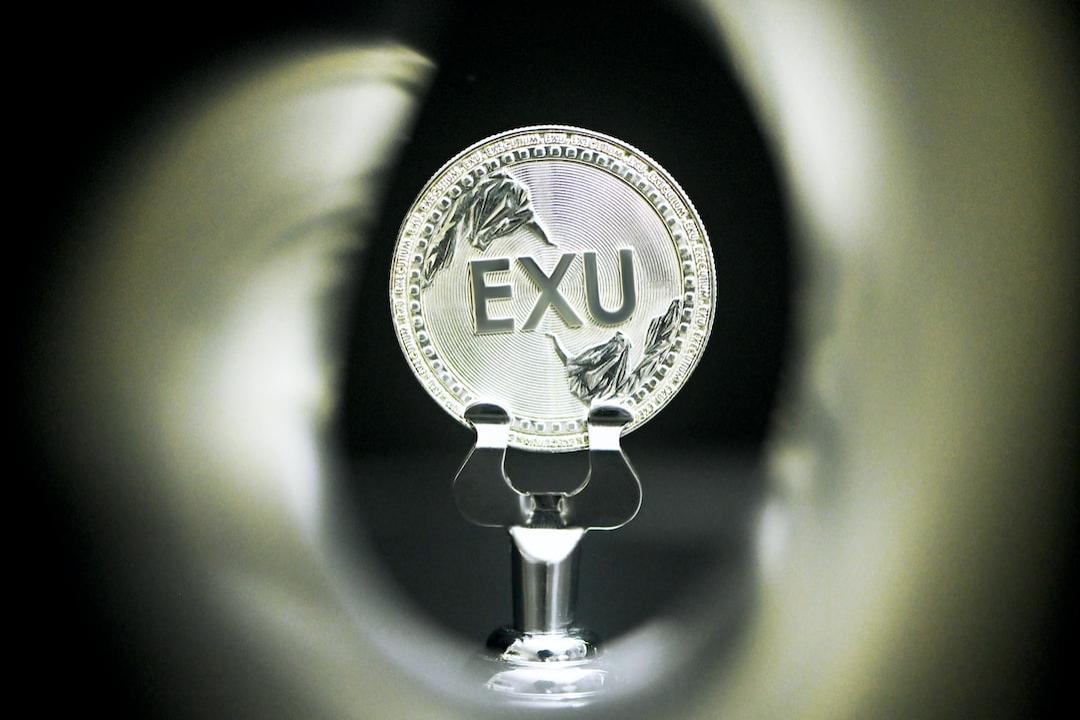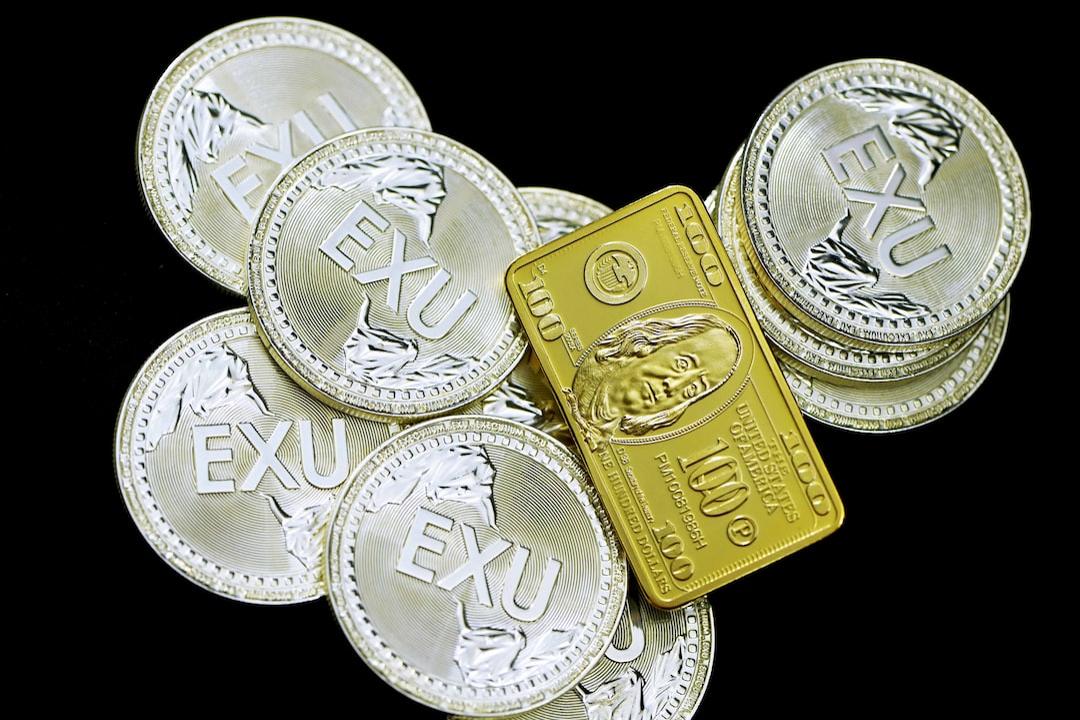Bitcoin’s Potential as a Safe-Haven Asset
Bitcoin has long been seen as a potential safe-haven asset, a modern alternative to gold that could protect investors during economic downturns. However, as the cryptocurrency market matures, the question “Is Bitcoin a safe haven material?” becomes more relevant. While its price has soared in recent years, its performance during periods of instability shows it may not provide the reliability investors expect from a true safe-haven asset.
Bitcoin’s Volatility as a Major Obstacle
Bitcoin’s volatility remains a significant obstacle to its status as a safe-haven asset. Unlike traditional assets like gold, which typically retain value during times of crisis, Bitcoin faces large price fluctuations. In 2025, for instance, gold surged to a record high of $3,500 per ounce as central banks and other high-net-worth investors accumulated it against the risks of a global trade war led by US President Donald Trump. Meanwhile, Bitcoin dipped sharply during gold’s rise, highlighting its instability compared to gold, especially when weathering economic storms.


This volatility also makes Bitcoin an unreliable hedge during market downturns. While gold has proven itself as a safe-haven asset during recessions and periods of inflation, Bitcoin often drops in value when markets struggle. Such behavior undermines its potential to act as a safe haven when investors seek stability.
Bitcoin as a Diversifier, Not a Safe Haven
Bitcoin may not function as a hedge, but it has proven valuable as a portfolio diversifier. Over the past five years, Bitcoin has outpaced traditional investments, offering annualized BTC price returns at an average of 200%. This makes Bitcoin attractive for investors looking to enhance their portfolios with high-risk, high-reward assets.

However, Bitcoin’s volatility means it can also magnify losses during market declines — it may offer strong returns during periods of growth, but it does not protect investors when markets drop. As such, Bitcoin is better suited to complement traditional safe-haven assets rather than a replacement.
Overall, Bitcoin’s role as a safe-haven asset remains uncertain. Its volatility and tendency to move with riskier assets make it an unreliable store of value. That said, Bitcoin investors should be cautious about trusting it as a hedge, especially during geopolitical or economic turmoil triggered by unpredictable leadership, such as an erratic US president implementing abrupt trade policies or sanctions.

